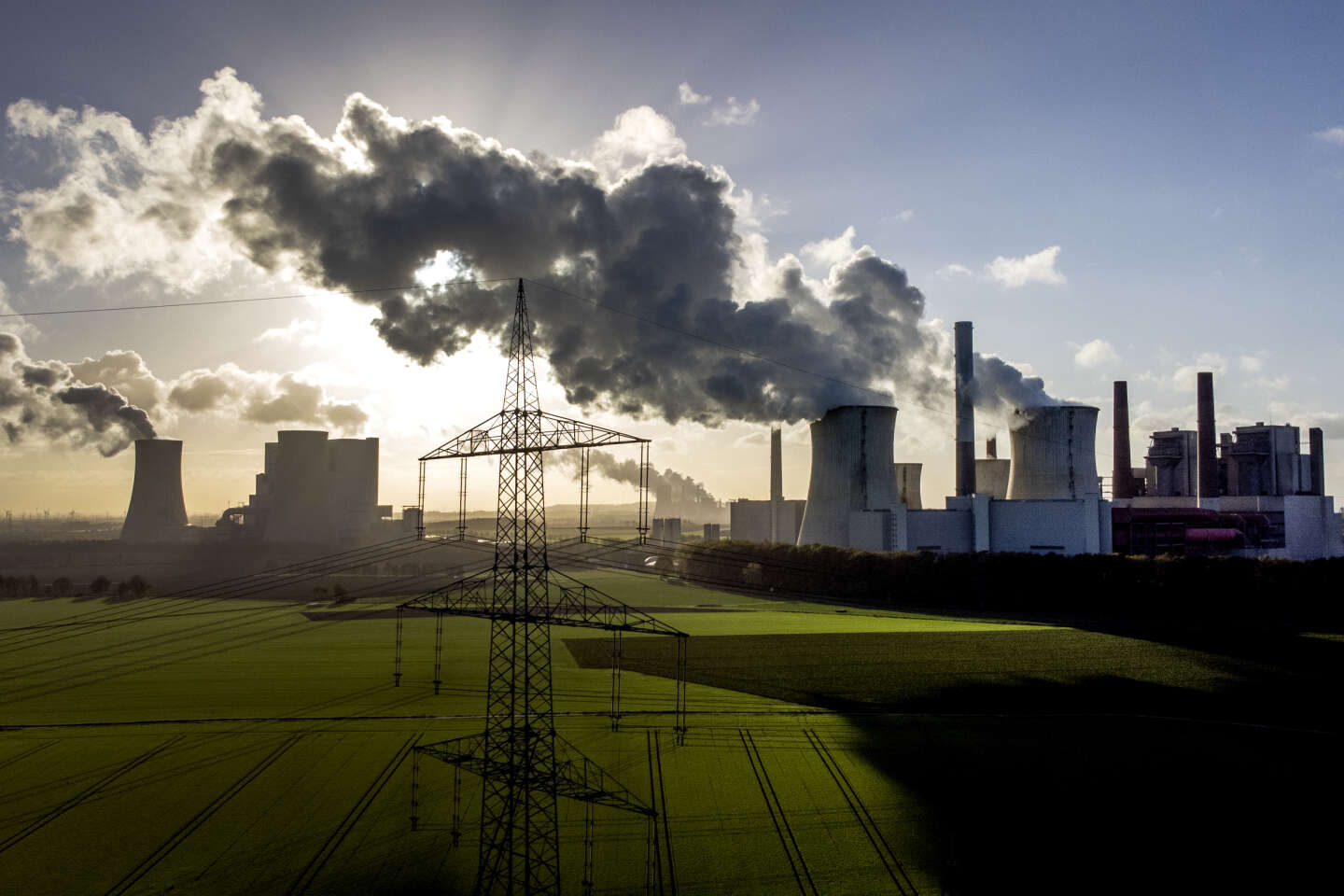


It's being called "the fossil fuels COP." Countries gathering in Dubai for the 28th World Climate Conference (COP28), from November 30 to December 12, will attempt to negotiate a formula that phases out the use of coal, oil and gas, the main culprits behind climate change. Besides governments, industry players will also be in the dock. "COP28 will be a moment of truth for the oil and gas industry, if it wants to be taken seriously in accelerating the response to climate change," Fatih Birol, Executive Director of the International Energy Agency (IEA), told Le Monde.
In a special report, published on Thursday November 23, the organization spells out clearly what the sector needs to do in order to align with the Paris Agreement. It starts with the observation that, for the moment, oil and gas companies are a marginal force in the transition to clean energy. One figure sums up this lack of commitment: Their investment in low-carbon energies represents just 1% of total investments ($1,800 billion in 2023). In an industry with thousands of players, four companies (Equinor, TotalEnergies, Shell and BP) alone account for more than 60% of this sum.
The seven "supermajors," in other words private multinationals, hold less than 13% of global oil and gas production and reserves, while more than half of production and close to 60% of reserves is in the hands of state-owned national companies, such as Saudi Aramco of Saudi Arabia or Adnoc of the Emirates.
Faced with this situation, the IEA is first and foremost calling on all producers to reduce emissions from their own operations. These emissions, known as scope 1 and scope 2 emissions, which cover the production, transport and processing of oil and gas, account for around 15% of global energy-related greenhouse gas emissions. According to the report, they must be cut by 60% by 2030, as part of a scenario aimed at limiting warming to 1.5°C.
Anticipating a drop in production
"Most of these emissions can be eliminated very easily and at low cost, but we are not seeing things move in the right direction," said Birol. Less than half of all companies currently have targets to reduce emissions, and they're not enough. At COP28, a coalition aiming to drive down methane leaks could be announced, as could commitments from hydrocarbon producers to reduce emissions from their own operations.
The IEA insists, however, that its call to action is "much wider." In particular, it stresses that industry is "well placed" to scale up some crucial technologies for the successful transformation of the energy system (offshore wind power, hydrogen, carbon capture and storage, etc). To be credible about their climate commitments, companies that have chosen to diversify should devote half of their capital expenditure to clean energies, compared with the current 2.5%.
You have 45% of this article left to read. The rest is for subscribers only.
